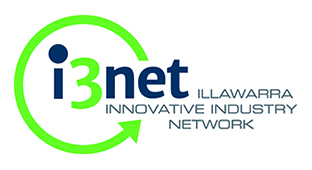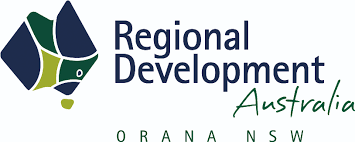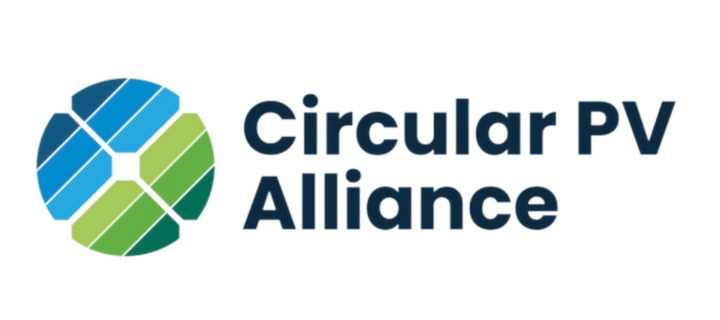Open letter with more than 50 signatories call for Australian biomethane market development
Local, green and powerful: Renewable gas needs to be at forefront of technologies identified for investment, says growing number of industries and businesses

An open letter to the Commonwealth government co-authored by Bioenergy Australia and the Australian Hydrogen Council, and signed by over fifty supporting organisations and businesses, is advocating for renewable gas to be prioritised as part of Australia’s Technology Investment Roadmap which is currently under development.
The open letter outlines the common ground for renewable gas market development with a diverse cross sector backing the call on government to recognise the potential of biomethane and hydrogen to play a significant role in solving energy market decarbonisation challenges while providing the lowest cost transition to a decarbonised energy system.
CEO Bioenergy Australia, Shahana McKenzie, said the letter represents thousands of organisations and millions of employees across business, industry and utilities sectors who are willing to work together on innovative cross sector solutions in the market. “This support, combined with the right government vision and investment, means Australia could unlock the significant economic and varied social benefits of bioenergy - particularly in regional areas,” said McKenzie.
This includes waste-water treatment plants, agricultural and food processing facilities, meat and livestock processing facilities where the methane is captured and used rather than emitted into the atmosphere.
CEO of the Australian Hydrogen Council, Dr Fiona Simon, called for the government to support the massive innovation and opportunities to improve national industry infrastructure. “Australia can continue to thrive as a major global energy producer in the new economy with our vast renewable energy capacity and renewable gas technology.
“Developing hydrogen as part of the long-term energy mix can have enormous payback for Australians. Clean hydrogen allows Australia to reduce our carbon emissions. Large scale hydrogen production will mean new jobs and a major new export market.
A landmark report commissioned by Bioenergy Australia last year on the availability of biogas in Australia identified 371PJ of available energy, which is enough to decarbonise industrial, commercial and residential gas users currently supplied by distributed gas networks across Australia.
The report provides nine recommendations to overcome the challenges facing the emerging industry, which include the need for more favourable policy conditions to enable the growth of a mature and sustainable biogas industry in Australia.
The National Hydrogen Strategy recognised the significant opportunity for network blending to reduce emissions domestically and build a platform for future exports, strengthening Australia’s economy.
Renewable gas provides compelling solutions to support the uptake of variable renewable electricity, and further drive decarbonisation through solutions for heavy industry, transport, domestic gas supply and energy storage.
The joint letter highlights a number of key policy measures, common to biomethane and hydrogen, to enable the renewable gas markets, for example, unlocking seed funding and establishing Special Activation Precincts to further support renewable gas market activation and sector coupling to harness the full range of renewable gas solutions.
Signatories calling for Australian biomethane market development:
1. Ai Group
2. Australian Hydrogen Council
3. Anaergia
4. APA
5. APGA (Australian Pipeline and Gas Association)
6. Aquatec Maxcon
7. ATCO
8. AusNet Services
9. Australian Gas Infrastructure Group
10. Business Council of Australia
11. Bioenergy Australia
12. biogass
13. BPO
14. BTS Biogas
15. Coregas
16. Custom Denning
17. Dansk Biogas Alliance
18. Daintree Bio Precinct
19. Delorean Energy
20. EDL
21. Emerson
22. Energy Networks Australia
23. ENGIE
24. engv
25. Enscope
26. Energy Users Association of Australia
27. Gas Energy Australia
28. Gippsland Water
29. Haskel
30. Hazer Group
31. Helmont Energy
32. Hitachi Zosen INOVA
33. Howden
34. Hunter Water
35. Hydrolytics
36. Hyundai
37. Infrastructure Partnerships Australia
38. Interface Carpets
39. Jemena
40. LMS Energy
41. nel
42. Origin Energy
43. Queensland Farmers Federation
44. Quanta Services Australia
45. Renewable Gas Alliance
46. Sydney Water
47. TasGas
48. Utilitas
49. Valmec
50. Waga Energy
51. Water Services Association of Australia
52. Yarra Valley Water















